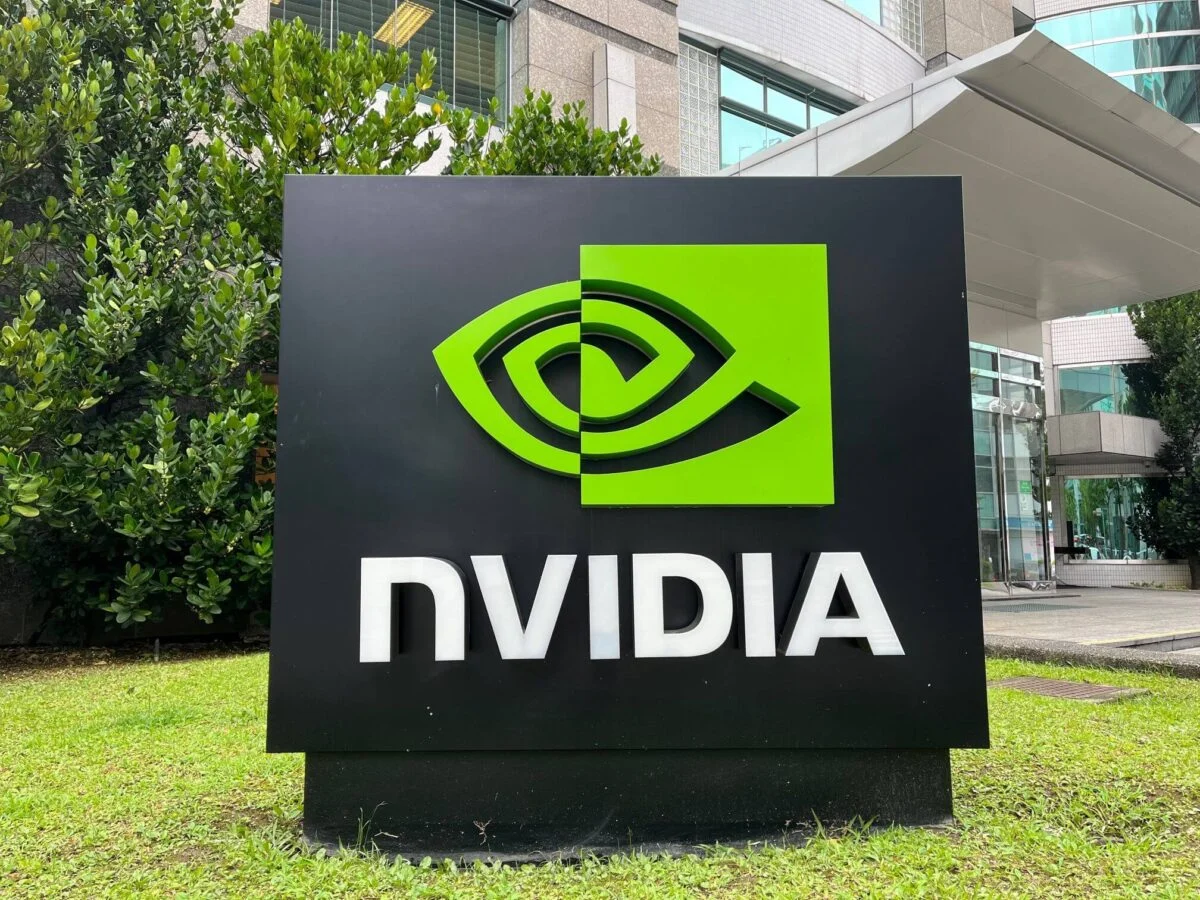Nvidia (NVDA): Increased AI Investments from Microsoft and Meta Support Chip Manufacturer’s Growth

Overview of Recent Stock Movements
- Nvidia shares rose by 4.2% in premarket trading following earnings reports from Microsoft and Meta.
- Microsoft’s capital expenditures for Q3 hit $16.7 billion, up from $11 billion a year prior.
- Meta has revised its annual capital expenditure forecast, increasing it to between $64-72 billion from the previous $60-65 billion.
- Both companies expressed strong commitments to investing in artificial intelligence (AI) infrastructure.
- Nvidia is set to announce its earnings on May 28, with analysts optimistic about its future performance.
The stock prices of Nvidia surged after Microsoft and Meta Platforms reported their impressive earnings. Investors are encouraged by these reports, which hint at positive implications for Nvidia’s future revenue as a major supplier of AI technology.
In premarket trading, Nvidia’s stock climbed 4.2% to reach $113.52, rebounding from a slight drop of 0.1% the previous day. This stock movement reflects the generally optimistic view that Nvidia will benefit from the ongoing expenditures in AI across major tech firms.
Microsoft’s Investment in AI Infrastructure
Microsoft’s recent earnings report revealed a significant rise in its capital expenditures for the third quarter, totaling $16.7 billion. This is a sharp increase from $11 billion during the same period last year. The company has reiterated its commitment to spending in AI, showing no signs of reducing its investment levels.
During an earnings call, Microsoft CEO Satya Nadella emphasized the company’s strategy to expand its data center capacity. He noted, “We continue to optimize and drive efficiencies across every layer, from data center design to silicon and software, all aimed at reducing costs while enhancing performance.”
Meta’s Aggressive Capital Expenditure Plans
Meta is matching Microsoft’s aggressive investment strategies. The company has increased its annual capital expenditure projection to a range of $64-72 billion from its earlier estimate of $60-65 billion. This adjustment is indicative of Meta’s strong internal demand for computing resources.
Meta’s CFO, Susan Li, commented on the pressure for computing resources within the company, stating, “Despite the new capacity we expect to add by 2025, we are struggling to meet our teams’ demands for computing resources.”
Implications for the Tech Industry
These positive reports from Microsoft and Meta help alleviate concerns among investors regarding potential cutbacks in spending by major cloud-computing players. Previous analyses had raised fears that companies like Amazon’s AWS and Microsoft might reduce their commitments in terms of data center leases, which could impact supplier revenues.
Ben Reitzes, an analyst at Melius Research, reassured investors by stating: “The spending plans from these two hyperscalers will benefit key customers like Nvidia.” This sentiment is extended to other chip manufacturers as well, with Advanced Micro Devices rising 2.7% and Broadcom gaining 2.9% in premarket trading.
Anticipation for Nvidia’s Upcoming Earnings
Nvidia is poised to release its earnings report on May 28, and anticipation is high, both among investors and analysts. Wall Street remains optimistic about Nvidia’s outlook, with 35 out of 41 analysts recommending a “Buy” rating for the stock. The average price target is set at $165.22, indicating a potential upside of about 51.7% from the stock’s recent closing price of $108.92. The highest price target recorded is $200, while the lowest is $100.
This robust analyst support comes even as Nvidia’s valuation has reached an impressive $2.6 trillion, a notable achievement that reflects confidence in its position within the AI market. Nvidia’s H100 chips are considered the leading choice for training AI models, serving as the foundational technology for companies such as Microsoft and Meta.
Both Microsoft and Meta have made it clear their investments in AI infrastructure will directly benefit Nvidia, as they are poised to significantly increase their demand for high-performance chips. In particular, Meta has explicitly mentioned plans to enhance its GPU capacity, identifying such infrastructure improvements as a priority for years to come.
Microsoft’s significant annual spending of $80 billion on data centers will bolster its AI services, including Copilot and OpenAI, solidifying Nvidia’s integral role in this expanding sector.






